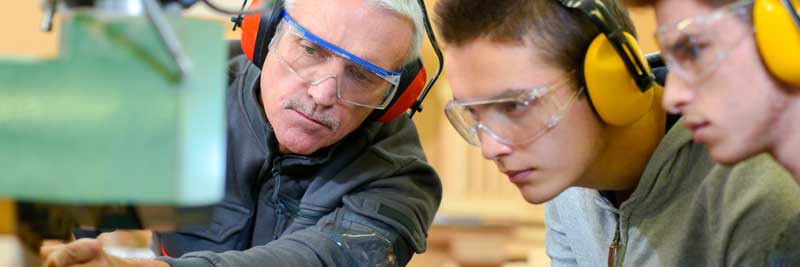Youth and Transitions

Young people are often offered the hope that progress through education will lead to secured jobs, and that the situation of their families and that of their children will be better. However, young people across the world, especially in low- and middle-income countries, face increasingly complex life transitions, including school-to-work transitions, family transition and housing transition amid jobless growth in most countries.
Our research focuses on ‘just transitions’ within diverse contexts (social class, gender, ethnicity etc.) and places, and explores links to young people’s wellbeing and livelihoods. Areas of particular interest are:
- Young people’s life course transitions and various forms of adult status.
- Young people’s agency and capability in negotiating structural barriers, injustices and power at the intersections of education, employment, housing and family life.
The social and economic factors, as well as the local and global conditions, that shapes youth aspiration and transitions for deeper understandings of contemporary ‘just transitions’.
The Alliance for Youth Justice (AYJ) have published an Evidence Review for the 'Young People in Transition in the Criminal Justice System' project. The three-year project, funded by Barrow Cadbury Trust, is examining the experiences of children and young people turning 18 while in contact with the justice system, exploring issues spanning the youth and adult criminal justice systems and wider support systems.
Projects
Improving the mental wellbeing of young mothers in West African countries
This Open Societal Challenge project aims to co-develop, pilot and evaluate a local intervention focused on supporting the mental wellbeing of young mothers in West Africa.
Supporting Adolescent Girls' Education
SAGE researches girls' aspirations for their education and futures and what is working in community education.
Learn more about CSGD projects here.
Publications
Introduction: Youth and ‘On-Road’ – Making Gender and Race Matter
Conclusions, Compromises and Continuing Conversations
‘Everywhere feels like home’: transnational neoliberal subjects negotiating the future
Connect with us
Whatever your reasons for wanting to connect with us, you can contact us via email or social media on the addresses below
CSGD email
CSGD on Bluesky
CSGD on LinkedIn
Sign up to our mailing list to receive the latest news on our research, events and publications.
.jpg)